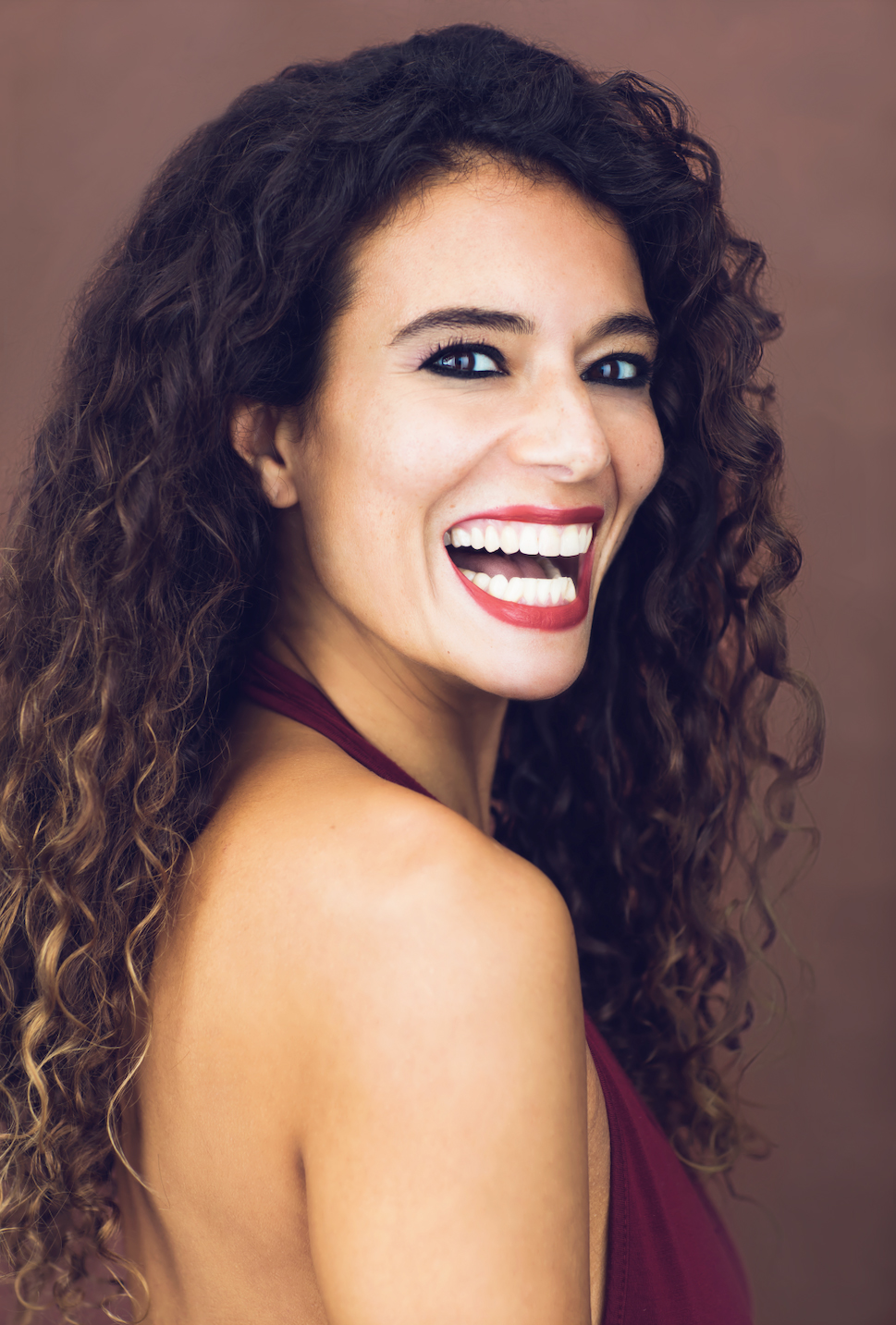Alright – so today we’ve got the honor of introducing you to Ianthe Marini. We think you’ll enjoy our conversation, we’ve shared it below.
Ianthe, thanks for joining us, excited to have you contributing your stories and insights. Did you always know you wanted to pursue a creative or artistic career? When did you first know?
I was stifled by perfectionism as a little girl. I was constantly getting in my own way refusing to practice (piano, flute, singing, dancing) if anyone could hear or see me making mistakes. We actually got a key to the basement of the church down the street so that I could practice without my family watching my learning process. When I was 13 years old, my parents got me the cassette tape of the original Broadway cast of Ragtime, and I fell in love with the voice of Sarah, embodied by the incomparable once-in-a-lifetime actress Audra McDonald. I learned and studied everything about her voice: the cadence, the warmth, the depth, the artistry and intentional delivery of the words. We went to go see the show on Broadway, and I remember as Sarah runs down the stairs to Coalhouse in “New Music” and sings the lyric “play that melody”, Audra’s voice had a little crack that night on the word “play”. I still get chills as I remember feeling, at that moment, that she had unlocked a truth for me that this was about “play”! It wasn’t about measured and careful error-free practice secretly in a basement. It was about the generous act of sharing and finding our most unleashed and immediate truths in the process of authentic story-telling, free of judgment and fear and the farce of perfectionism. She really did change my life in that instant.
I was also changed by the musical GYPSY, in which I played a *very* age-appropriate Mama Rose as a senior in high school, learning about the craft of acting from my teacher, the beautiful actress Alex Zielke Picard. I learned about empathy up close as I studied Rose and understood why she did what she did: that she acted out of an urgent kind of love for her daughters, wanting them to lead and live a life she did not have the opportunity to lead. That she acted out of desperation, out of hurt, out of the lingering trauma of rejection from her own mother who left her and her own father who didn’t believe in her. At the tender age of 17, I fell in love with the art of having compassion for characters who seem hard to love, understanding for what they live and for what they would die, digging into their humanity so that we can see our own. I loved the idea of story as a mirror shined so that we could see our own truths more clearly through the truths of another.
As an early teen growing up in Boston, I was also enamored by Renee Krimsier, who is the long-time piccolo-ist and flutist with the Boston Pops. I loved the idea of bringing joy to people year after year with familiar Pops tunes as they made the effort to come to Symphony Hall, or joyfully gathered with family and friends out on the lawn with their picnics at Tanglewood or the Esplanade. And I was also deeply inspired by my high school choir director, Cassandra Morgan, who created pure magic out of a roomful of teenage shenanigans. She had a way of meeting us where we were, having fun with us, and then helping us focus with sincere and earnest intentionality towards the creation of one beautiful communal sound. I went to the American Choral Directors Association Honors Choir as a junior in high school and sang with guest conductor Dr. Jerry Blackstone, who brought all 250 strangers into a cold and dark ballroom at the rehearsal venue, where we sang Rachmaninoff’s Bogoroditse Devo together in a circle. 250 teenagers, all strangers, joining our voices together in a foreign language in a moment that felt more connected and familiar than anything I’d ever experienced before. It was the magic of choral singing, where the whole is more valuable than the individual parts, where the resulting magic of harmony could never be possible without each individual contribution. In that moment I thought, I have to be a choral conductor!
And so I had all of these influences and strong passionate pulls from different avenues of artistry: acting, theatre, choral conducting, flute performance, and I knew I wanted to be part of it. I think even at that early age, I knew that at the core of each of those avenues was a passion for telling the truth through story, and that this would be the work of my life.
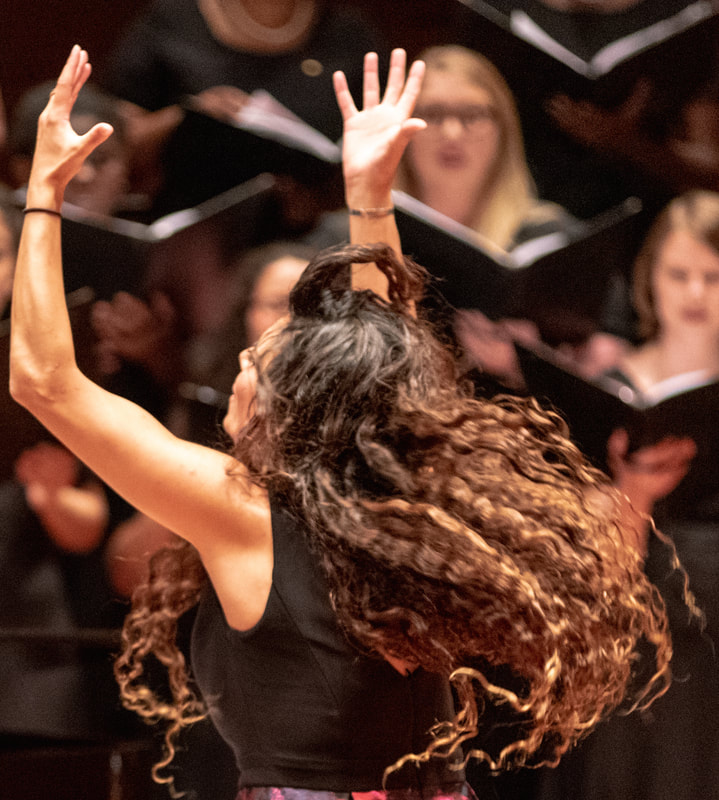
Awesome – so before we get into the rest of our questions, can you briefly introduce yourself to our readers.
I am an actress, choral conductor, singer, flutist, dancer, artist, and published writer with my Doctorate of Musical Arts in Choral Conducting, and a proud union member of the Actors Equity Association and the American Guild of Musical Artists. As described earlier in the question regarding earliest influences, I have always had a versatile and eclectic passion for many avenues in the performing arts, recognizing that each of them has a unique capability to help us see more clearly, and to empower us to live into our divine and unique light in the world. As a young girl, I fell in love with theater, acting, choral singing, orchestral flute playing, writing, and teaching, and my professional life has reflected all of those things.
I first set out to become a choral conductor, while majoring in flute, voice, and music education, and spending any additional time doing theatre as an undergraduate student at Penn State University. After graduating, I became a high school choir and theatre director at Stoughton High School in Massachusetts, while acting with various regional and community theatres in Boston. I then went on to study choral conducting at Temple University (Masters degree) in Philadelphia, where I learned about the storied and brave careers of Elaine Brown, Janet Yamron, and Sonya Garfinkle, who started the FIRST integrated choir in the United States, the Singing City Choir. Elaine Brown was a pioneering female choral conductor, and the first female to conduct the Philadelphia Orchestra. She was committed to choral music as a vehicle for social justice and activism, having brought her integrated choir into the segregated south, into prisons, and to the Middle East, when she was forbidden to do so. She believed that choral music and the act of singing together could help people see past human-drawn lines of division towards a deeper understanding of our shared humanity. It was remarkable to be in her city and to learn of her work, which deeply inspired and served as a guiding light for my own as a choral artist.
I then went to get my Doctorate at the University of Maryland, where I was the first female conductor of the UMD Men’s Chorus, and also prepared choruses for some of the world’s leading conductors for performances with the National Symphony Orchestra at the Kennedy Center and with the Baltimore Symphony Orchestra at Meyerhoff Hall. One of the most inspiring assignments I had was as the Chorus Master for Handel’s Messiah with the National Symphony Orchestra conducted by Maestra Nathalie Stutzmann. Stutzmann crafted that score in a way that led all of us to experience the music as if it were our first time hearing it. She showed me the power of interpretation, and the craft of finding musical nuggets buried deep within a score that reveal its moments of magic. During my years at UMaryland, I was crafting my dissertation and area of research and discovering that everything I do as a musician and conductor is rooted in acting. So I developed a method of choral rehearsal that teaches singers to be honest and authentic communicators of text within the choral rehearsal process.
After my doctorate, I became the Paul S. and Jean R. Amos Distinguished Chair for Choral Activities at the Schwob School of Music at Columbus State University in Georgia, where I was privileged and joyed to work with the students there in a program that combined all the lessons I had learned. Choral music as a vehicle for social justice and change, the art of true and authentic story-telling through song, and the pure joy of creating something that simply would not be possible without the combined collaborative efforts of every person in the room. While in Georgia, I collaborated with brilliant theatre artist Ben Redding on acting projects that gave me the opportunity to use my own voice as an actress, and that ultimately inspired me to make the next move to Los Angeles to pursue a career as a freelance artist and actress.
In LA, I am committing time to all the avenues of this artistry through theatre and film acting, conducting, singing, and recording. I am extremely passionate about Acting Through Song: the ability of song and text to tell the truth through story, ultimately allowing us to find ourselves mirrored and illuminated through the intersection of text and its illustration through melody, harmony, rhythm, and style. All aspects of my life as an actress, a singing actress, an acting singer, a scholar, a choral conductor, and a professor are rooted in my passion for embodying our full authenticity through the use of text and voice, grounded in and through the connection with our most deeply rooted truth and ancestral breath. I am most committed to telling stories that illuminate the truths of our own lives, and that inspire social cultural awareness and change. I believe in the power of each of us finding our most fully activated authentic and natural voice, and the powerful effect this can have in community at the most local and global levels.
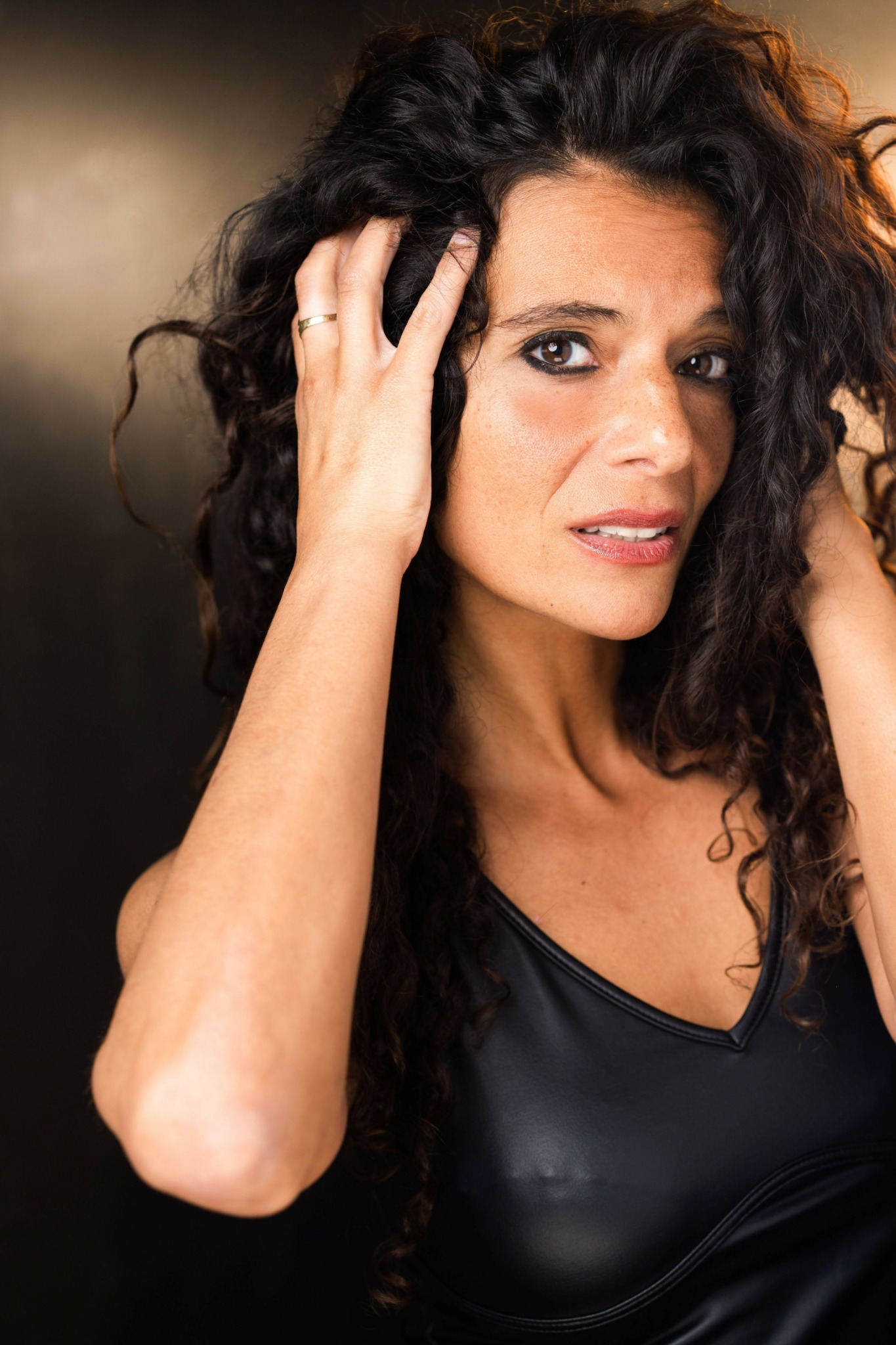
What do you think is the goal or mission that drives your creative journey?
I deeply believe in the power of story-telling, and that story-telling takes many forms. People have been changed by the power of the pen and the great rhetoricians; by singer-songwriters; by the craft of film-making and movies, by actors on stage or on screen, by a piece of live theatre, by attending a pop concert in a stadium with another million people, the list goes on. I believe that the purpose of story is to help ourselves and others become open and honest with the truth. I remember when I had the honor of playing Anita in West Side Story, at least one or two women would come to me at the stage door each night and share with me that seeing Anita’s ordeal in Doc’s Drug Store made them realize that they, too, had been sexually assaulted. When I played Renny in Theresa Rebeck’s Drinking Problem, which is a one-woman play of a woman desperately trying to convince herself that she does not have a drinking problem, people in the audience shared with me that watching her struggle helped them realize similar struggles in their own lives. When the choir at the Schwob School of Music went to sing at the Rev. Dr. Martin Luther King Jr’s Church Dexter Avenue King Memorial Baptist Church in Montgomery, AL, after having attended the National Memorial for Peace and Justice, students shared with me that their public schools had not taught them of our nation’s history with slavery, and that they would commit their teaching lives to making sure their own students knew this history.
Personally, I have felt the power of truth-telling as an audience member. Each time I receive Audra McDonald’s fully-embodied voice, or Viola Davis’s, or Cate Blanchett’s, I am able to see myself more clearly. When I hear the political protest music of Bob Marley, Sam Cooke, Mahalia Jackson, Aretha Franklin, Bob Dylan, when I experience the fully authenticated artistry of Beyoncee and watch as she educates an entire world on the roots of country music in the United States. When I listen to Amy Poehler’s Good Hang Podcast and get to laugh and experience full unadulterated joy, or when I watch the comedic brilliance of Catherine O’Hara in Schitt’s Creek as she discovers the jokes as an artist in a playground gifting us the unparalleled power of laughter. When I watch Keke Palmer be so authentically and unabashedly herself as a person who radiates joy from the inside out. When I am deeply moved, time and again, by the words of Stephen Sondheim, which have a singular ability to help us understand and appreciate, acknowledge and accept, our own humanity, I am inspired.
And so it is this particular mission that drives me. How can I use my life, my unique instrument, my unabashed true self, my singular experience on this planet, to tell the truth and help others experience their own. How can my voice be an instrument of peace, of social change, of activism, of light, of joy, of grace, of happiness, of equity, of empowerment, of belonging, of fearlessness, of welcome, of love, of empathy, of understanding, of inclusion, of justice.
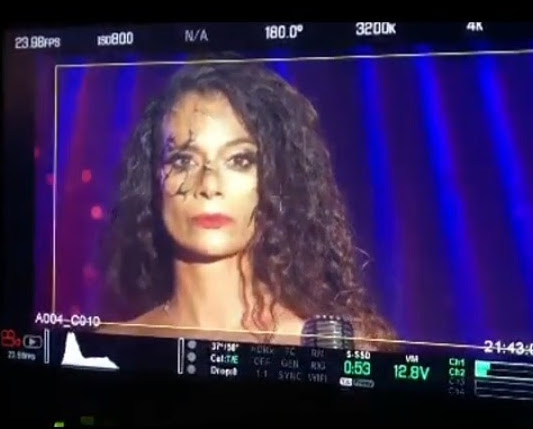
Learning and unlearning are both critical parts of growth – can you share a story of a time when you had to unlearn a lesson?
I think that growing up in the 80s and 90s, society still existed on a strict and harsh binary. The lesson was that if you were one thing, you weren’t another. If you loved one thing, you must not love the other as much. It was a time of superlatives, as well, where only ONE person was “the smartest”, or “the most talented”, or “had the most creative ideas”. This kind of severe thinking dehumanizes and disrespects all of the many beautiful contributions of thinkers, creatives, actors, writers, scientists, singers, songwriters, etc, each with something unique and brilliant to share. We need not put down or degrade one in order to lift up another! And because one person is great does not make another any less great! Unlearning and releasing myself from the tyranny of the binary and the lie of superlative thinking has helped me to live a more fully authenticated and liberated life.
When I was building my career as a choral conductor, I was always practicing the craft and joy of acting simultaneously, which did not somehow minimize that work, but in fact enhanced and enriched it. And likewise, my work as a a choral conductor and an interpreter of score helps me be a better actor, as it has helped me to look at language and study it as in a piece of music: why did the playwright use that word? Why this punctuation? This length of sentence? This choice of name, etc. I believe that art begets art. Art works together within and throughout itself in all its forms to unlock our most liberated selves.
When I left my tenure-track University professorship position, which had been the result of twenty years of career-building and hard work, in order to pursue a full-time life as an actress, a common trope I heard was “good for you for finally getting out and making your dreams come true.” I wish to dispel this myth and say, that I absolutely LOVED my work as a University Professor of Choral Music, and that doing that work and building a life as a conductor was ALSO making my dreams come true. Because I love acting does not make me love choral conducting any less, and because I love being a conductor does not make me love being an actress any less. The two are not mutually exclusive. And in fact, I believe the existence of both help me be uniquely both things at once! I do not fault comments like the one above, because I have compassion for the fact that we were all raised to believe the limiting belief of the binary, and have stifled our lives by this misappropriation of energy. I wonder how much we could unlock together in collaboration if we released ourselves from the pressure of this binary system and empowered ourselves to live ALL of our truths out loud, with an allowance and liberation from our grounded and rooted source of breath, free of shame.
I remember my beloved flute professor at Penn State, Dr. Eleanor Armstrong, gave me a lesson for playing the flute that has inspired and influenced my entire life at large. I was playing with an embouchure that was quite tight, not allowing a freedom of sound to sing through the rest of the instrument. She said, “Ianthe, you need to lose control in order to gain it.” We spent the rest of the year retraining my embouchure (the shape created by my mouth to make sound through the instrument) by in fact UNtraining it to do anything at all but to simply BE THERE. It was a lesson in letting go, of releasing tight grip or manipulation in trying to MAKE something happen, and in trusting that if I simply allowed the sound to come from my body, it would do so with a liberation and volume that I could have never achieved through tension and force.
Contact Info:
- Website: https://www.ianthemarini.org
- Instagram: @iantheneliamarini
- Youtube: https://www.youtube.com/@ianthemarini
- Other: I will soon be releasing singles on Spotify, Apple Music, and YouTube Music. Keep an eye out for Ianthe Marini on your streaming platforms!
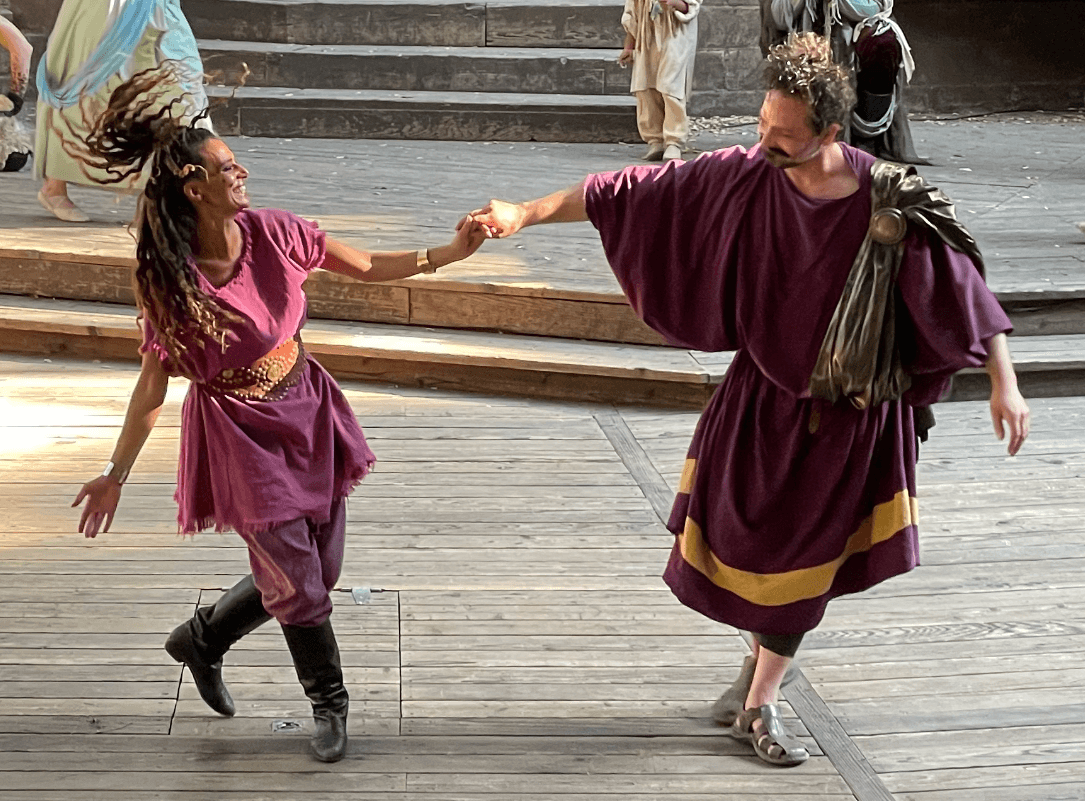
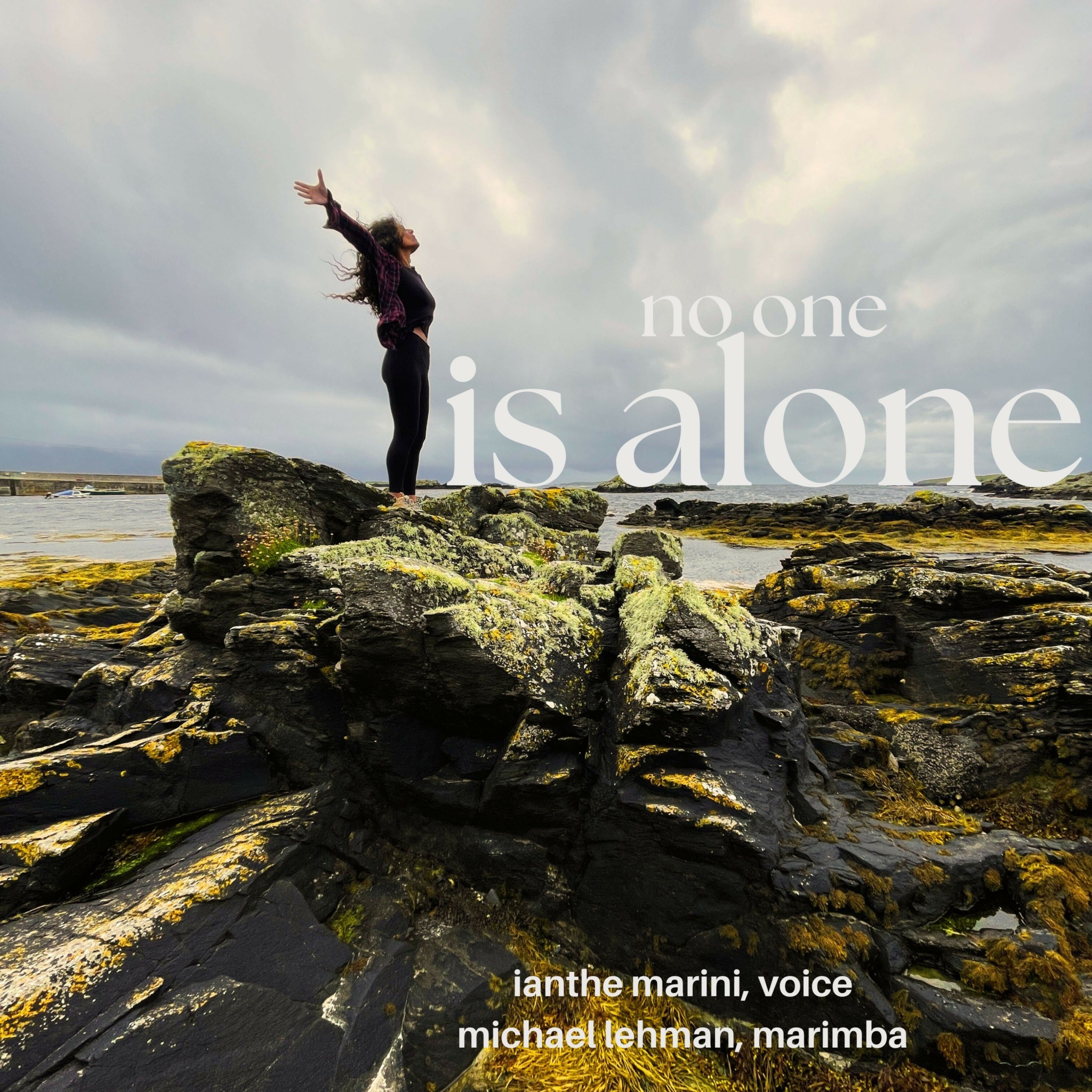
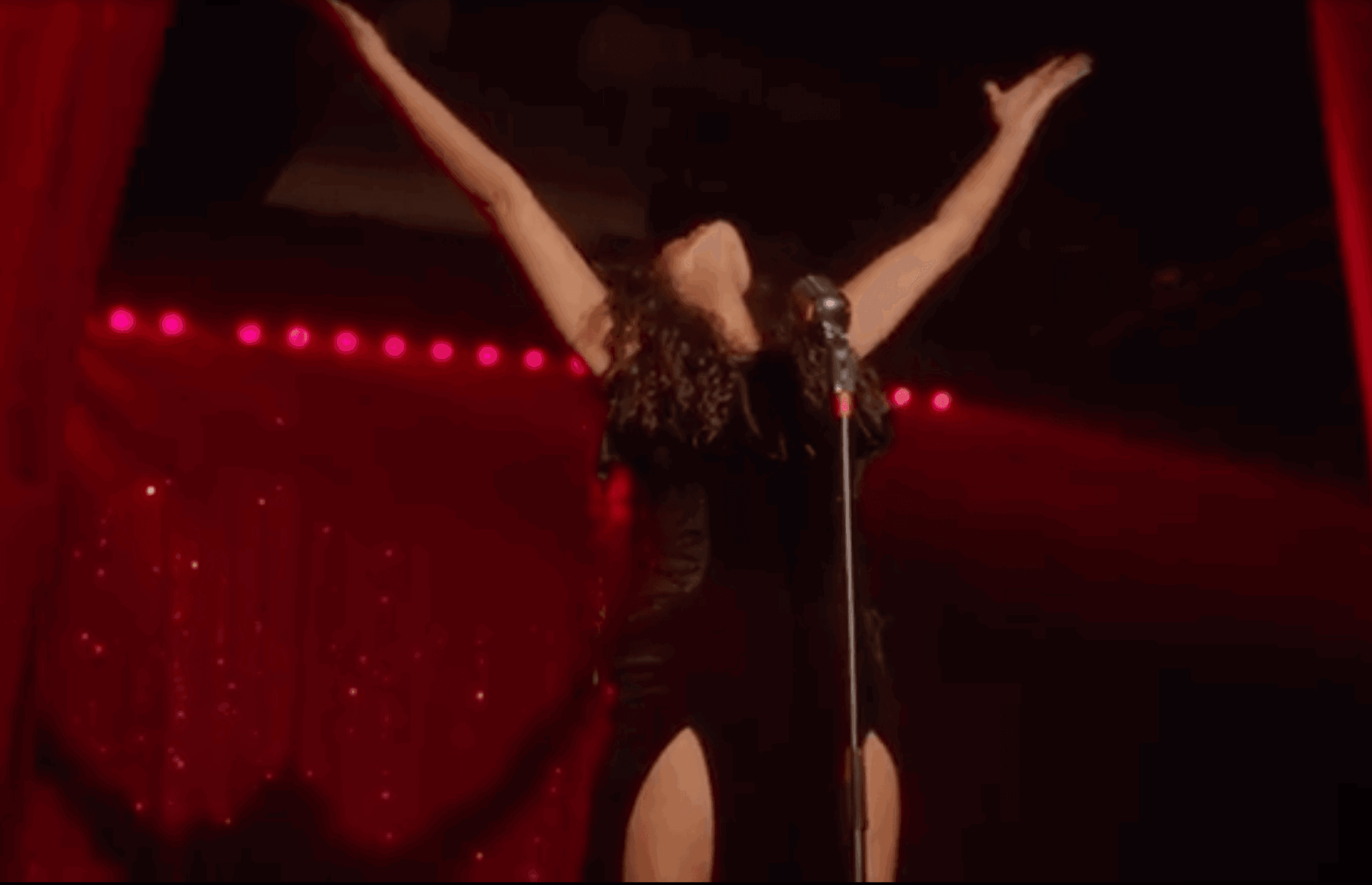
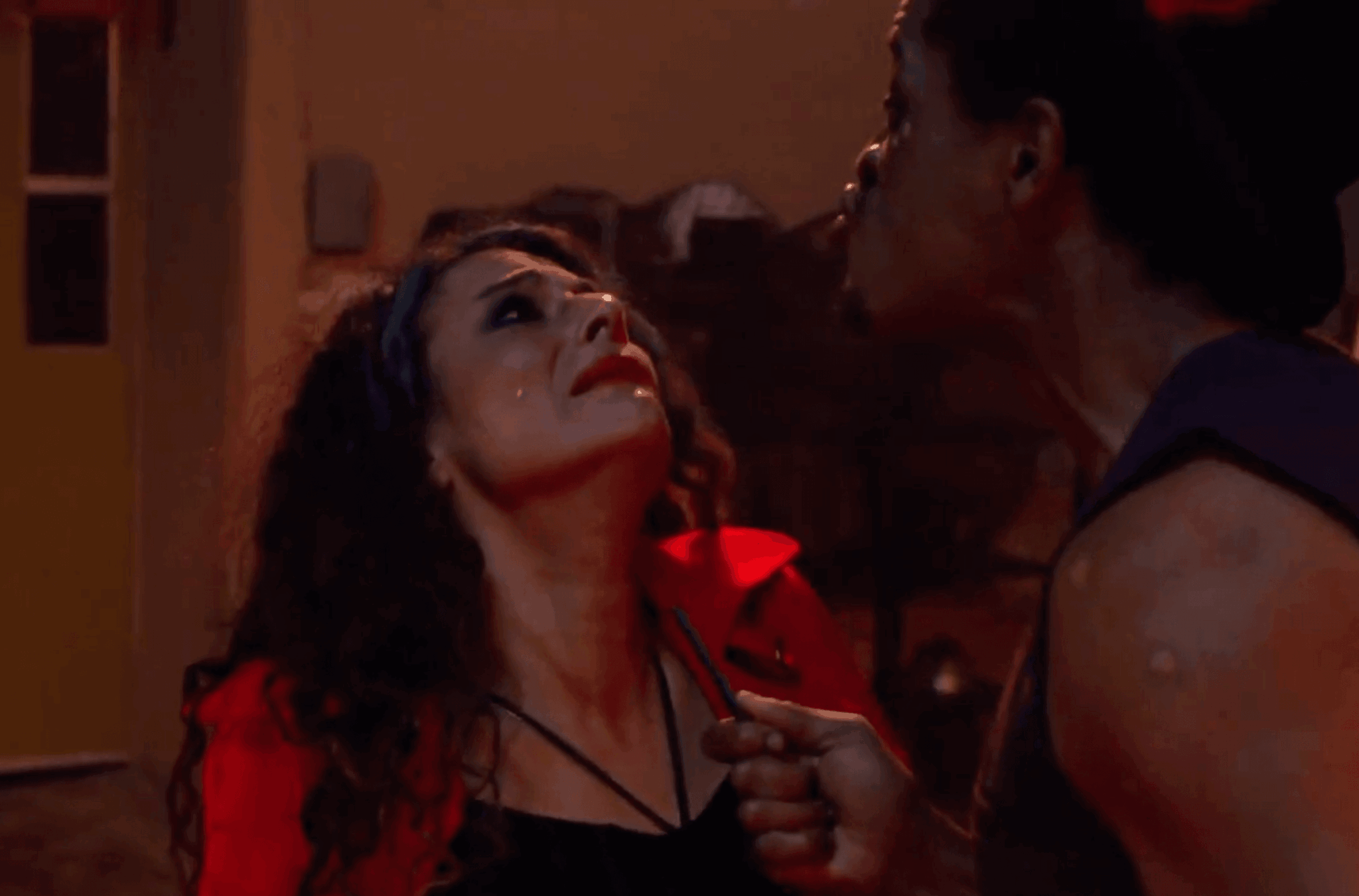
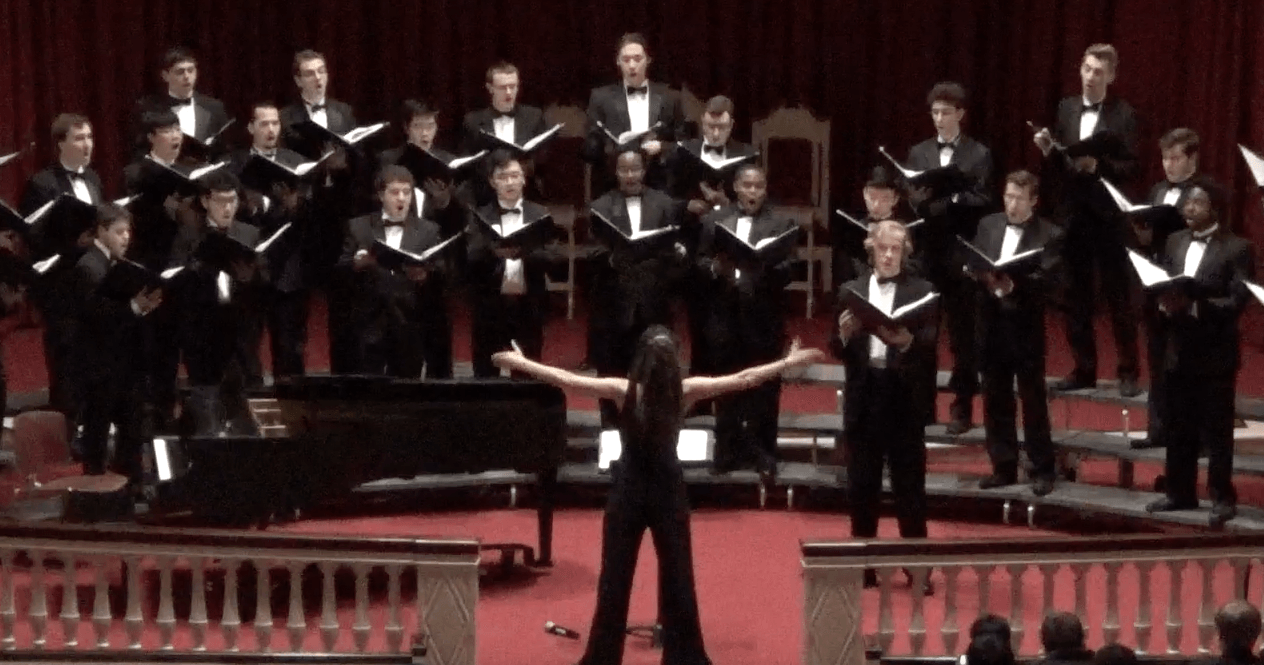
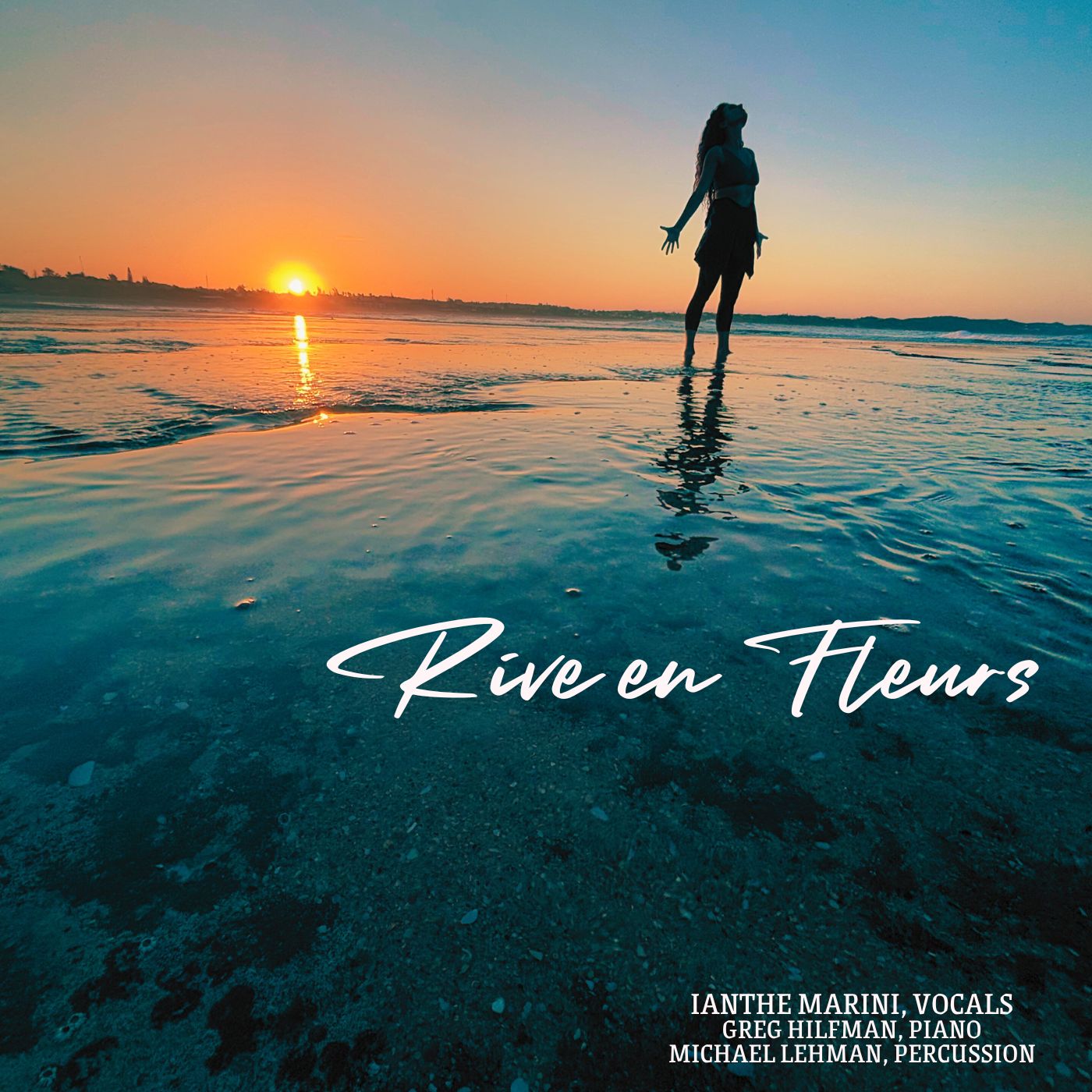
Image Credits
Emily Lambert, Sean Kara, Carrie Beth Wallace, Alex Hamm, Michael Lehman


